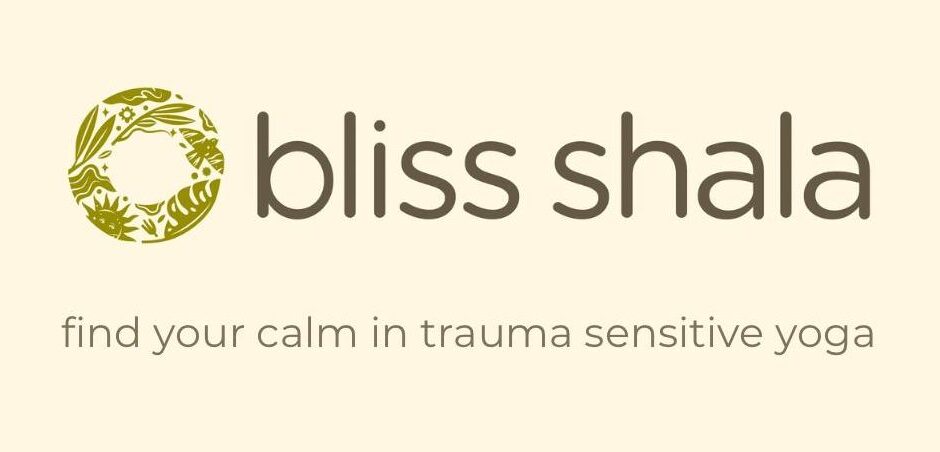
Yoga for the
Special Child

Yoga for the
Special Child
Many times, children with special needs are treated as children to ‘fix. Medical professionals identify what is wrong with them and look for solutions. This approach might miss recognising the beauty and innocence in special children.
The prerequisite in Yoga for the Special Child, founded by Sonia Sumar, is Connection. Connecting to the heart of each special child, to see the child for the individual that he/she is and to recognise the gifts that this child brings.
Then, Yoga can take place.
Our Trauma-Sensitive Approach
All our instructors are trained in the trauma-sensitive approach to prioritise the safety, autonomy and empowerment of all participants, so they feel comfortable and respected to move at their own pace during each practice.
Our trauma-sensitive yoga class for the special child offers a gentle and supportive space for each child to build trust and connection through validation. By recognising their individuality and celebrating their gifts in yoga practice, we foster a sense of safety among these children as they regulate their emotions, improve their physical well-being and develop a stronger sense of self-worth.
Yoga for the Special Child Classes
What To Expect
Krisa is accredited with the 45 hours Yoga for the Special Child Part 1 Certification.
Yoga for the Special Child classes are only private sessions, so that the facilitator can fully cater to the child’s requirements.
Each class is about 45-60 minutes, depending on the child’s attention span. Some props may be used initially but slowly weaned off so that the child can learn to rely on his/her own body and develop body awareness.
The session would involve vocalisation and singing, balance, eye exercises, breath work, massage, yoga movements and relaxation.
Fees
Krisa has been facilitating regular Yoga for Special Child classes from 2021. Her other experience includes Yoga as CCA at Eden School for ages 13 – 18 years old.
She is currently offering Yoga for Special Child private sessions at a discounted rate as part of her training.
45 minutes – $95
60 minutes – $125
There is an additional 10% discount for 10 class packages.
How Yoga Can Help
AUTISM SPECTRUM DISORDER
The first step in teaching Yoga to a student with autism is to establish a strong bond with the child. To do this the Yoga teacher will need to enter the world that the child lives in — to meet the child on his or her own level, so to speak. Only then will the teacher be able to gain the child’s complete confidence. Massage, music, dance, rhymes and stories are some of the different techniques that the teacher can use to connect with the child.
As student and teacher gradually develop a foundation of mutual trust and friendship, the Yoga teacher can introduce some of the Yoga poses (asanas) and breathing exercises (pranayama) that will help to bring the child with autism out of his or her shell and into the world of social interaction. After the student becomes familiar with these introductory poses, the Yoga teacher may progressively add more asanas to the routine, as well as deep relaxation. The combination of asanas, pranayama and deep relaxation will strengthen the child’s nervous system, increase overall health and facilitate the development of body awareness and concentration. By establishing optimal physiological and psychological integrity, Yoga therapy helps children with autism gain new motor, communication and social skills. The end result is an overall improvement in their quality of life.
ADD
Since breath is deeply connected to the emotions, teaching yogic breathing exercises (pranayama) is an ideal way to start working with children who have attention deficit disorder. However, it is important for the Yoga teacher to first find a way to create a strong bond with the child, in order to gain the child’s trust and attention. Then the exercises will progress more rapidly. In addition to its positive effect on the emotions, pranayama stimulates vital areas of the brain and central nervous system. By combining pranayama with Yoga poses (asanas) and deep relaxation, the benefits are greatly enhanced. With regular Yoga practice, children with attention deficit disorder develop greater body awareness, emotional balance and concentration – increasing their capacity for schoolwork and creative play. As overall performance improves, so does their self-esteem.
ADHD
Currently, more than four million children in the U.S. have been diagnosed with ADD/ADHD. There are many factors contributing to this behavioral disorder: TV violence; poor nutrition; prenatal drug use by parents; sensory overload; pollution; crowding; and the breakdown of the family structure. Yoga uses physical postures (asanas), breathing exercises (pranayama) and deep relaxation techniques to calm and strengthen the central nervous system. It helps children and teenagers with ADHD get in touch with their bodies in a relaxed and non-competitive way. There is also a spiritual side to Yoga that grounds its practitioners in their own silence and internal awareness – something that is becoming increasingly difficult to experience with the frenzied pace of life today.
Children with ADHD often experience learning delays due to their hyperactivity and distractibility. Yoga teachers will usually find it easiest to introduce pranayama and a few asanas to these children before attempting to teach them an entire Yoga routine. This will help them to calm down enough to follow instructions. Alternate nostril breathing will be of particular benefit to children with ADHD because of its ability to calm the mind and to balance the left and right hemispheres of the brain. Teaching these children proper respiration is an important aspect of their Yoga training. Once the child with ADHD is able to follow instructions, the Yoga teacher can gradually introduce more asanas and the deep relaxation portion of the Yoga routine.
(credits to specialyoga.com)
Accreditations
Book and CD – https://www.specialyoga.com/our-book-and-cd
Send us your inquiries
Connect with Us



Get in touch with us through these accounts



